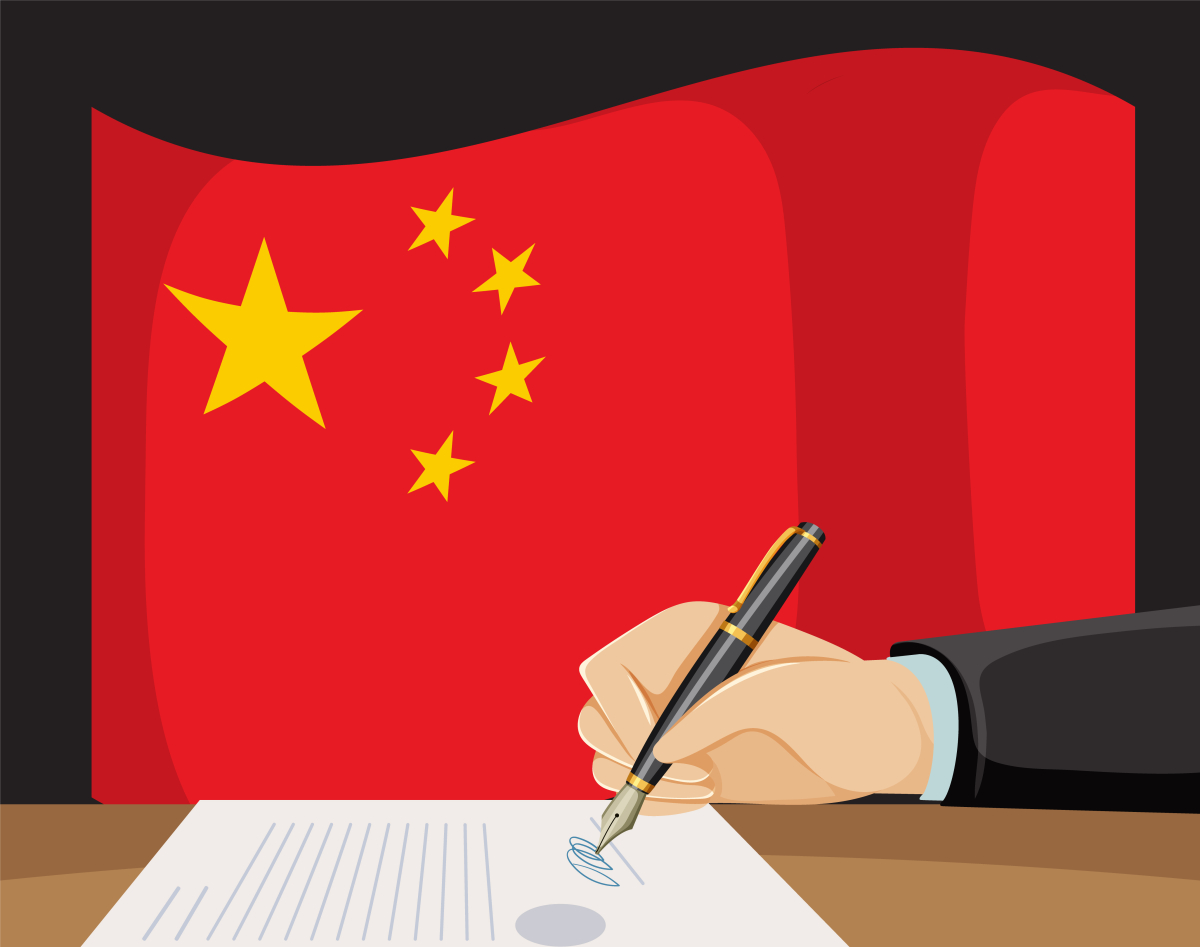In a decisive assertion of economic sovereignty, the People’s Republic of China has tightened export controls on rare earth elements and other critical materials central to global technology production. The move comes amid escalating pressure from U.S. imperialism, which continues to wield economic sanctions and technology bans in an effort to curb China’s rise as an independent socialist power.
Beijing’s new regulations require foreign companies to obtain government approval before exporting products containing rare earths, lithium, or graphite—all vital inputs for advanced electronics, renewable energy systems, and weapons manufacturing. The measure extends to the technologies used in mining, refining, and magnet production, effectively placing the entire value chain under state supervision.
The Ministry of Commerce explained that these steps are necessary to “safeguard national security”—a term that, in China’s Marxist-Leninist framework, denotes not narrow nationalism but the defence of socialist construction from imperialist subversion.
Confronting Imperialist Encirclement
The decision follows years of economic coercion by Washington, which has sought to strangle China’s technological development by blocking exports of chip-making equipment and pressuring allies to follow suit. These measures—thinly disguised as “national security” policies—are in reality attempts to preserve the monopoly position of U.S. capital in high-tech production and deny developing nations access to technological sovereignty.
China’s response turns the contradiction back upon its source. By asserting control over the materials on which Western industry depends, the Chinese state is demonstrating that imperialism’s domination of production is not inevitable. As trade expert Alex Capri noted, the timing of these regulations—ahead of a planned meeting between President Xi Jinping and U.S. President Donald Trump—signals that Beijing will not negotiate from a position of dependency.
Socialist Planning, Not Market Competition
Unlike the profit-driven export bans of capitalist states, China’s measures are rooted in socialist planning and collective ownership of the commanding heights of the economy. Rare earth extraction, refining, and export are controlled by state enterprises operating under Party guidance. This ensures that the surplus generated from these resources serves the public good—developing infrastructure, lifting rural communities, and advancing technological independence—rather than enriching private monopolies.
By requiring foreign buyers to disclose the intended use of rare earth products, China is consciously regulating the circulation of value in global markets. This is the political supremacy of socialism over market spontaneity: production and trade serve national and collective goals, not the anarchy of capitalist competition.
Building the Material Base for Socialism
China’s socialist market economy, far from representing a “capitalist restoration,” is a transitional mechanism designed to develop the productive forces necessary for higher forms of socialist organisation. The CPC’s control over strategic resources ensures that development remains in the hands of the working class and the people.
Rare earths, lithium, and graphite are not merely export commodities—they are the raw materials of the future. In asserting ownership over them, China is securing the foundations of socialism in the twenty-first century: clean energy, advanced manufacturing, and scientific innovation serving human need rather than private profit.
An Anti-Imperialist Example for the World
While Western media frame these controls as “economic retaliation,” they are better understood as an act of defensive internationalism—a legitimate assertion of sovereignty by a socialist state facing imperialist hostility. China has consistently affirmed that it does not seek hegemony or domination, but mutual development and equality among nations.
By defending its right to control its own resources, China exposes the hypocrisy of those who preach “free trade” while weaponising supply chains for imperial ends. The new export regulations show that the socialist path offers not dependency, but dignity; not exploitation, but empowerment.
Conclusion: Class Power in Command
China’s tightening of export controls marks another chapter in the global class struggle: the confrontation between the declining power of imperialist capital and the rising strength of socialist planning. In wielding control over the materials that sustain modern industry, China is not acting as a capitalist state but as a conscious socialist power defending its development and the collective interests of its people.
As Marx and Lenin taught, sovereignty over production is the first condition of real freedom. In asserting that principle on the world stage, the People’s Republic of China is affirming not only its own socialist path—but the right of all nations to pursue development independent of imperialism.





